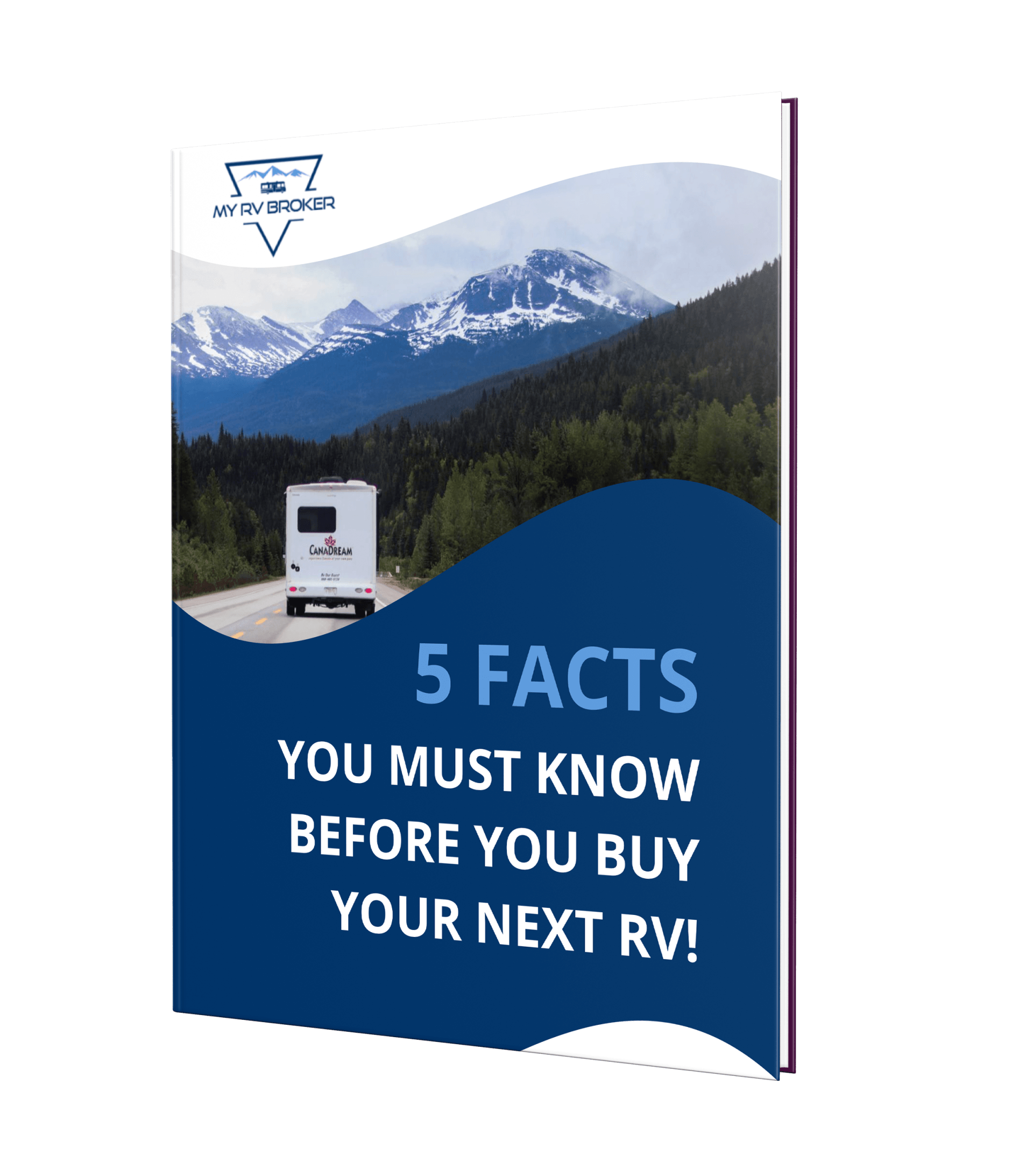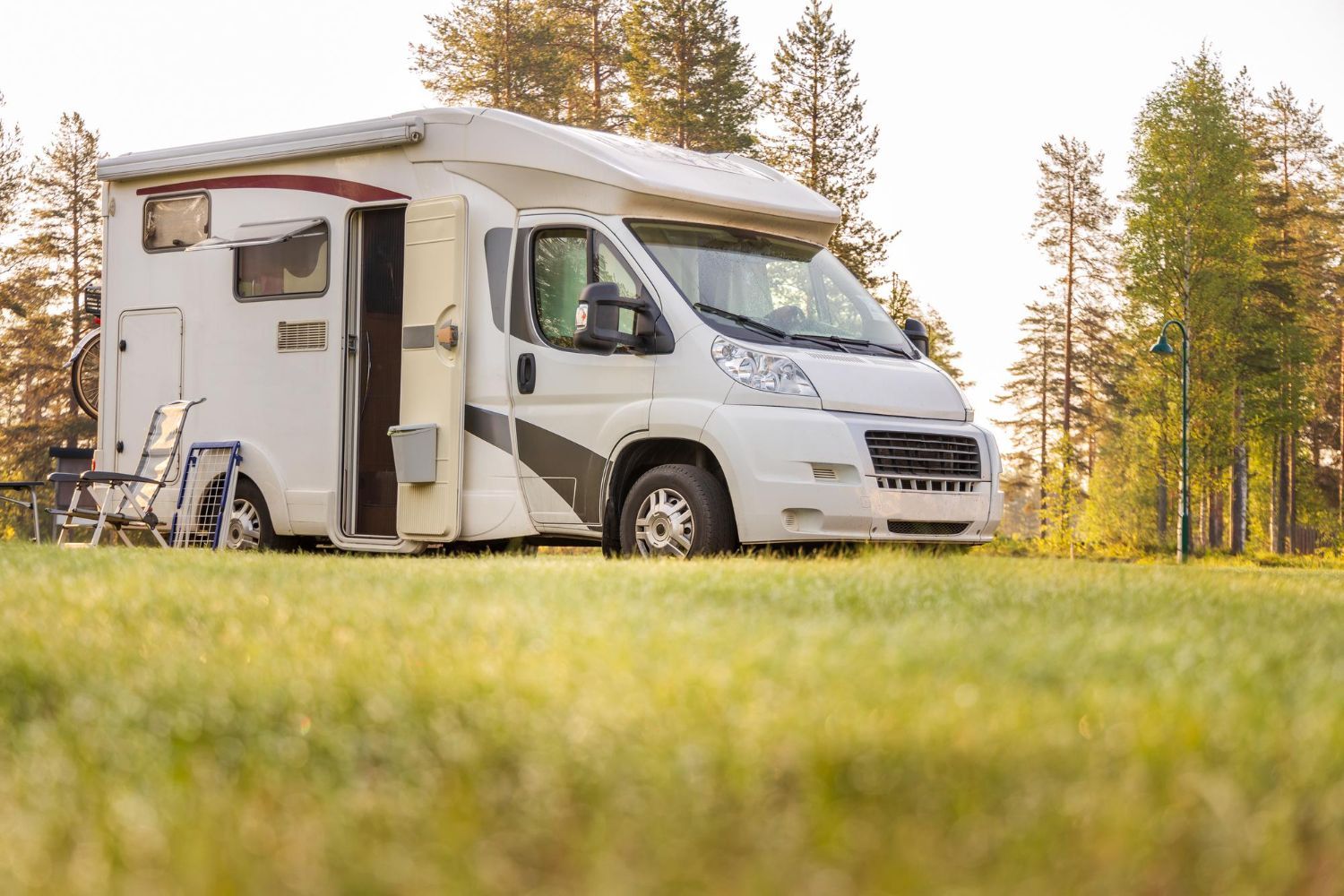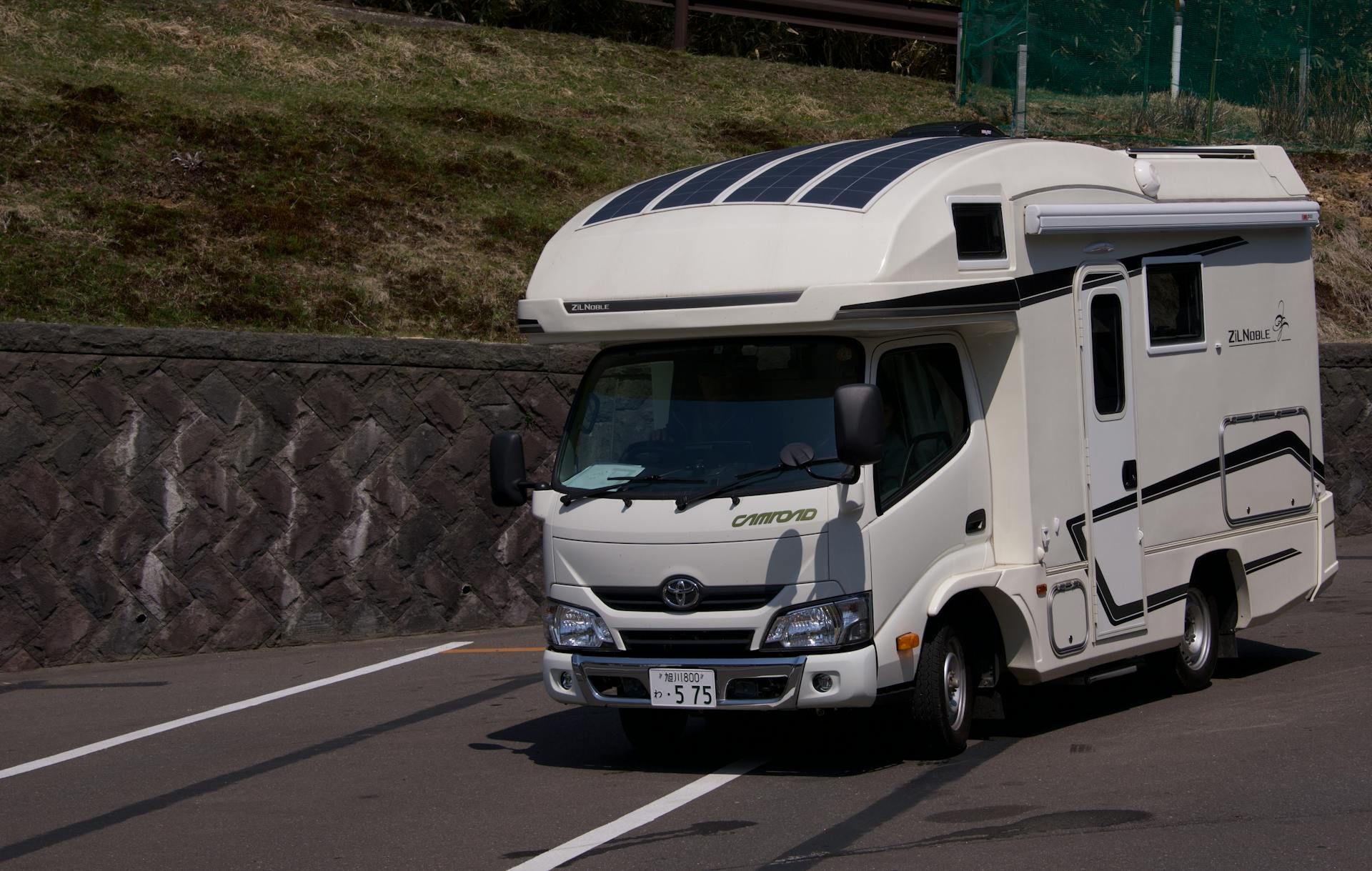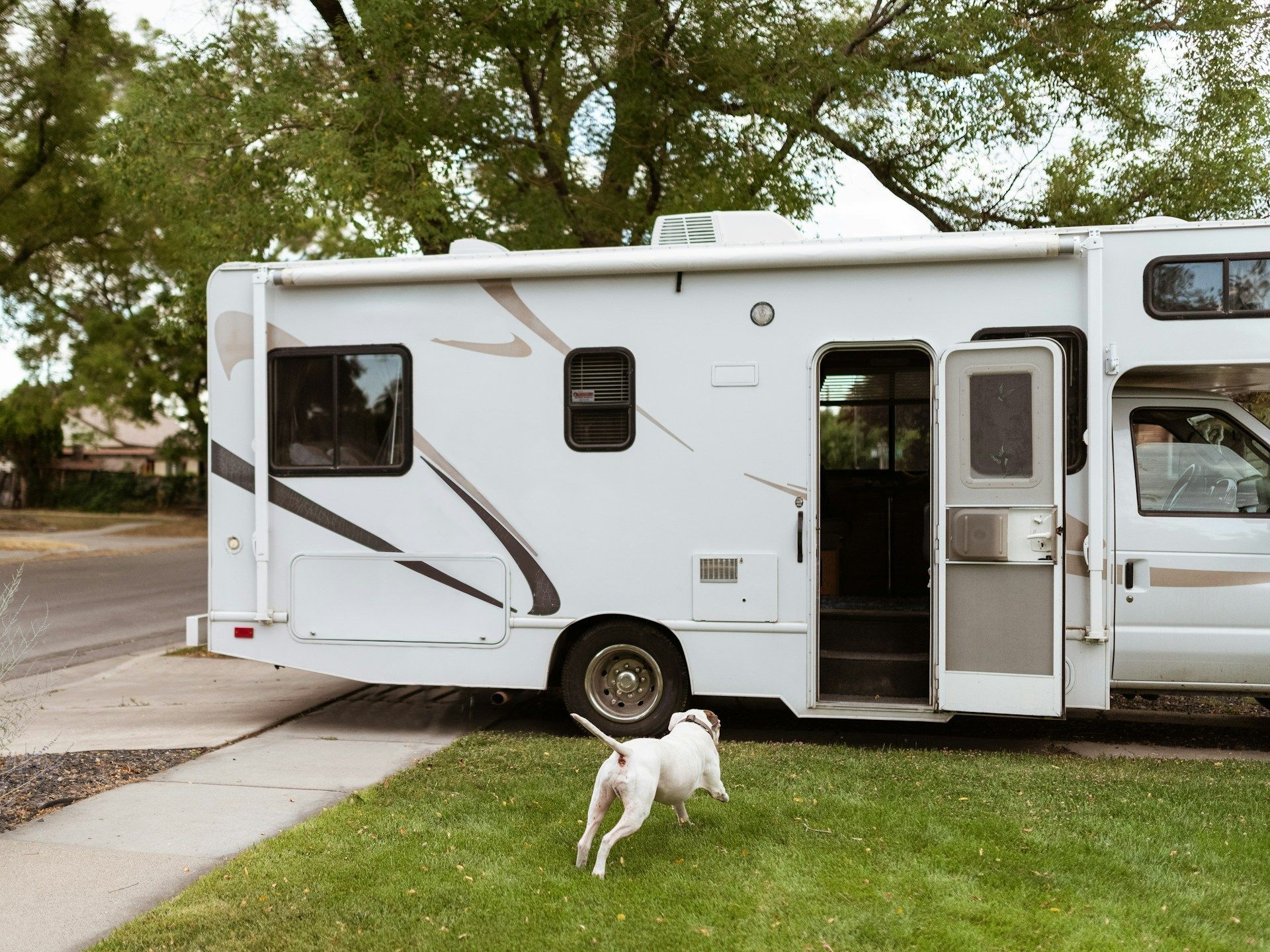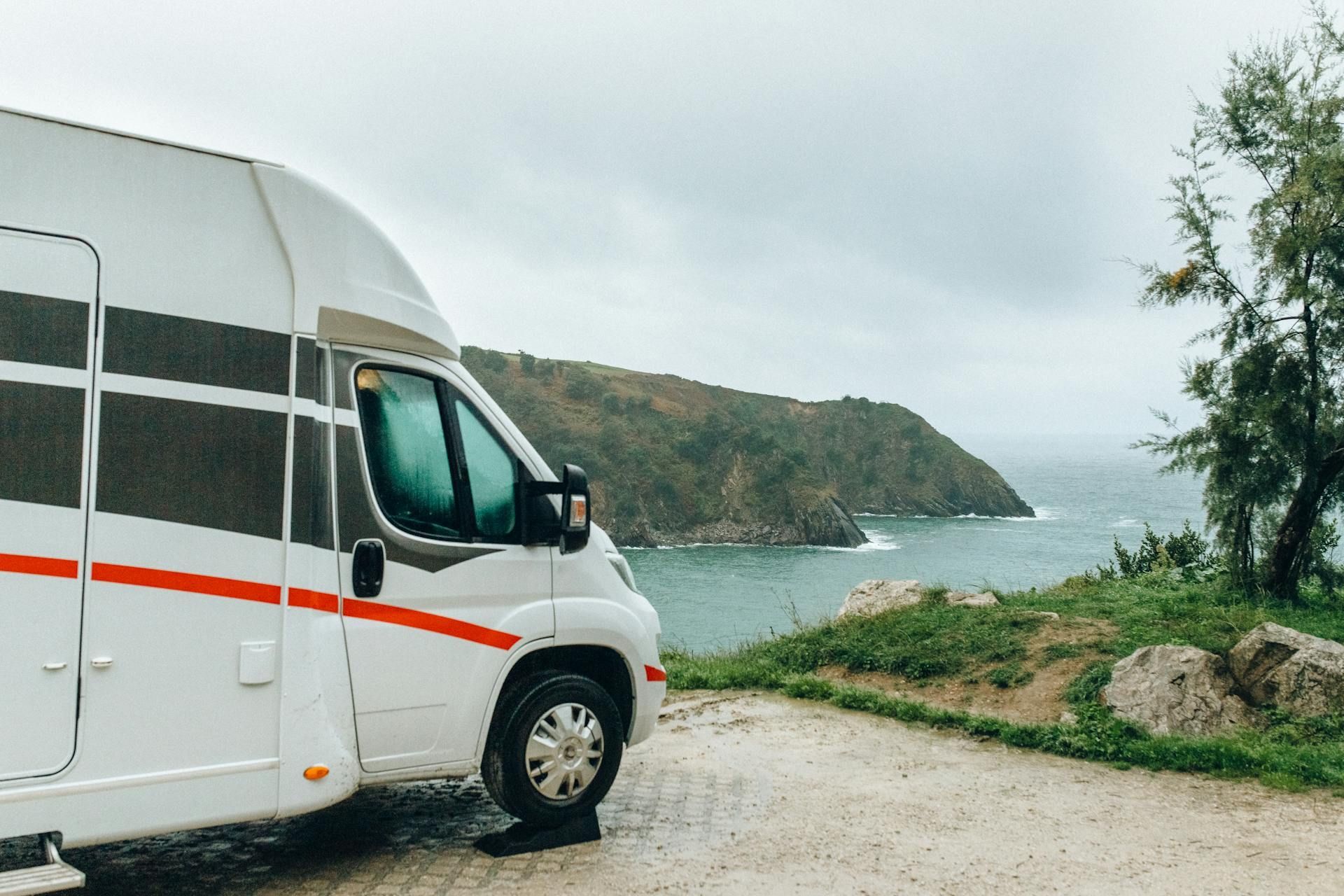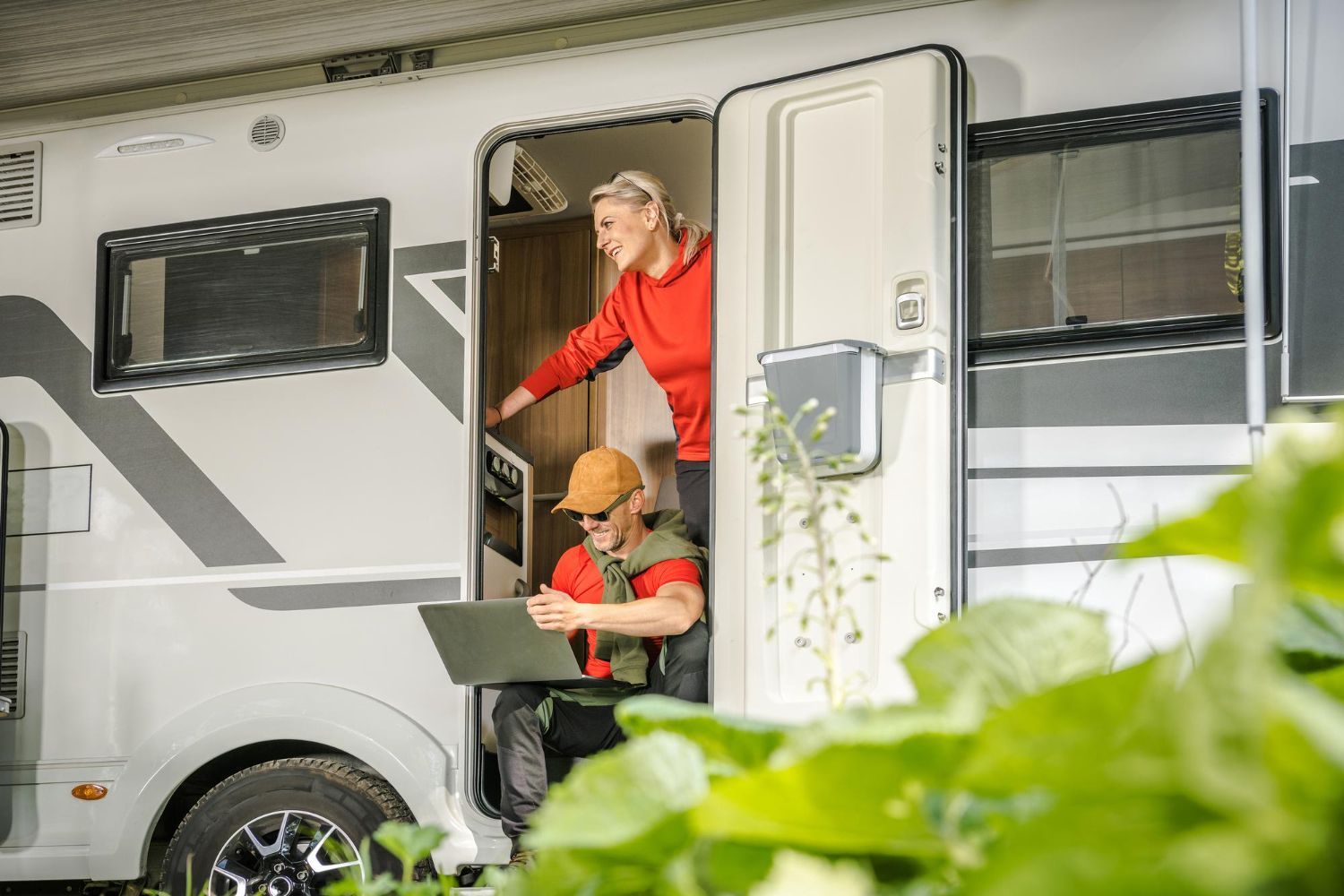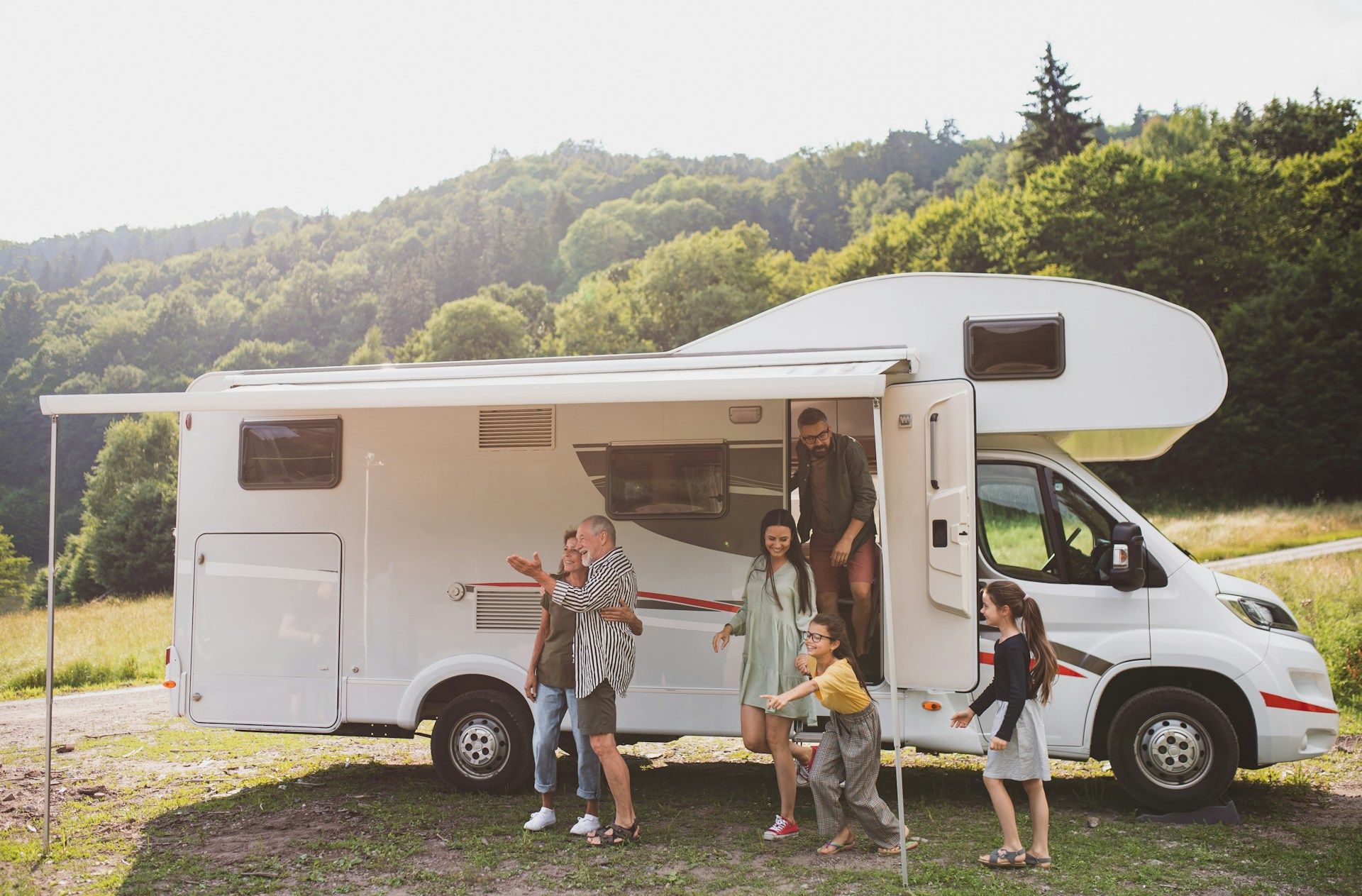Why You Might Be Selling Your RV the Wrong Way
Selling an RV may feel simple at first. You take a few photos, post it online, and wait for someone to show interest. But most sellers, especially in places like Wilmington NC, quickly realize there’s a little more to it. If things drag or buyers flake out, it often means something went off track early.
An RV selling expert sees those early signs all the time. They know what moves buyers forward and what causes hesitation. From how the RV looks on day one to when a listing goes live, the little decisions can affect how quickly and smoothly everything goes. If you’re serious about selling, it helps to know what could be holding things up even without realizing it.
You’re Showing the RV Before It’s Ready
It’s easy to get excited and want your RV listed right away, especially if you’re already planning your next move. But one of the biggest mistakes happens before the listing even goes live: showing the RV too soon.
Small fixes and surface clutter might not seem like a big deal to a seller who’s lived with it for years. But for a buyer walking in for the first time, every little crack or leftover snack wrapper stands out. People aren’t just buying something used. They’re imagining how it could feel like theirs. If that space feels messy, worn, or used up, it breaks that image before it even forms.
One example we’ve seen often is storage areas. Quick cleanouts leave bins half full or cabinets sticky and crowded. Buyers open those doors, and instead of thinking about how things might fit, they’re distracted by what looks forgotten.
A little extra time getting the space clean, simple, and comfortable goes a long way. Fixing cabinet pulls, airing out upholstery, and cleaning up decals don’t take long, but they make buyers lean in instead of looking elsewhere.
You’re Telling the Story Wrong
When someone scrolls through RV listings, they’re picking based on more than numbers and specs. Size and features matter, but buyers are really asking one thing: will this RV work for my life?
Too often, the listing says either too little or says it the wrong way. Laundry lists of features without context—sleep four, microwave, black tank flush—mean very little without a sense of how they’ve held up or how they’ve been used. On the flip side, pages of personal history like “we took this to Maine four times and it rained once” can overwhelm a potential buyer who just wants the basics.
A simple version of the RV’s backstory works far better. Was it stored indoors during storms? Kept in Wilmington NC all year, or taken on long trips? Did it have one main user or rotate between family members? Those details help feature lists make sense and help buyers picture trips of their own.
Buyers don’t just want to know a dinette exists. They want to know if it lasts after a few road trips and if the cushions were cared for along the way.
You’re Misjudging the Timing
There’s no single right time of year to sell, but there are better windows than others. Many new sellers believe that demand peaks toward the middle of travel season, but buyers tend to search earlier, often just before cooler weather sets in.
In Wilmington NC, fall brings mild weather, and there’s still time left for short trips. That means buyers shopping in late September or early October are often ready to buy now. If you list too late, you might be waiting months, as interest drops when travel plans slow for winter.
An RV selling expert tracks local demand. They’ve seen patterns and know when serious buyers start making offers. Selling at the wrong time brings out more “tire kickers” than real offers, and the longer your RV sits on the market, the harder attracting strong buyers becomes.
Proper timing is about matching when people want to buy with when your RV is ready to be shown. Even if you’re not rushed, getting this part right shortens sale time and reduces wasted effort.
You’re Going It Alone When Help Would Make It Easier
RV sellers often try to handle everything at once. Listings go up on every platform, messages come in at random, and soon it’s tough to keep track of which buyers are real and who is just browsing.
Support matters, especially once questions and paperwork start stacking up. The paperwork for RV sales—sales contracts, title sign-offs, state forms—must be done carefully, and any missing piece delays the transfer. We’ve seen deals fall apart last minute simply because of documents that weren’t ready, or questions left unanswered during the arranging phase. This is especially true with out-of-state sales, which may have different requirements.
Having someone guide you through the technical and legal steps keeps the process on track. Some RV brokers handle transfer details, DMV paperwork, and even arrange safe payment methods, helping protect both sides from avoidable headaches.
You’re Pricing Emotionally, Not Logically
It’s easy to price an RV based on memories or what you invested. Buyers, though, are thinking about how the RV matches their travel needs.
While upgrades like solar kits or new tires make a difference, value comes from what buyers see, not what the seller spent in the past. Overpricing leads to long listings and missed opportunities, even if the RV is in great shape. An RV selling expert will compare similar models, market history, and everyday usage to set a price that motivates buyers to take action—not just to look.
Fair pricing is tied to the actual condition, local demand, and seasonal cycles. For example, brokers use transparent checklists, like those you’ll find with consignment specialists, to evaluate RV features and current market appeal before suggesting a number. This logical approach helps sellers see what works and lets buyers feel confident negotiating.
If the price comes down to what the seller wishes, offers will stall or stay far apart, and nobody leaves satisfied.
Why Selling With a Plan Pays Off
Selling an RV doesn’t have to be a waiting game. When you remove small mistakes—like showing too early, muddling your story, waiting until demand fades, or letting price become too personal—the process becomes more direct and less stressful.
Serious sellers keep these points in mind from the start.
- Prepare your RV well before making it public.
- Use a story that grounds the listing with real, practical, and local context.
- Time your sale to match real buyer intent in Wilmington, not just your personal schedule.
- Recognize when professional help would save you work or help things go more smoothly.
- Price based on fact, not just feeling.
Most of all, a little upfront organization helps keep days of waiting to a minimum and makes sure every step after the listing gets the right kind of attention. Selling the right way brings real results faster, builds trust between buyer and seller, and leads to a better experience all around.
Trying to avoid listing missteps and get your RV sold faster? Talking with an
RV selling expert is a smart way to make sure your approach is clear and your listing stands out. At My RV Broker, we help people around Wilmington NC and beyond get their RVs noticed for the right reasons.
Download The Free
Guide Below!
We've created this free guide to show you the top 5 facts that will help you when looking for your next RV.


